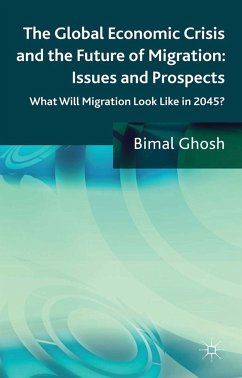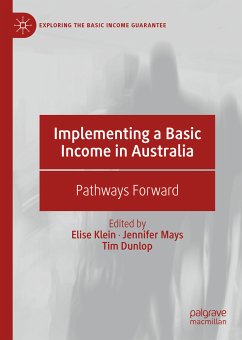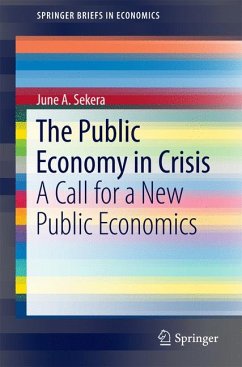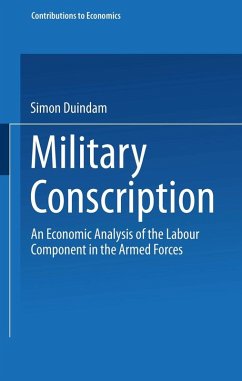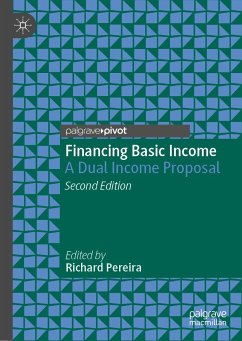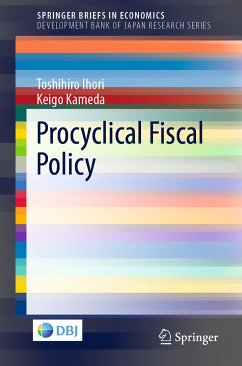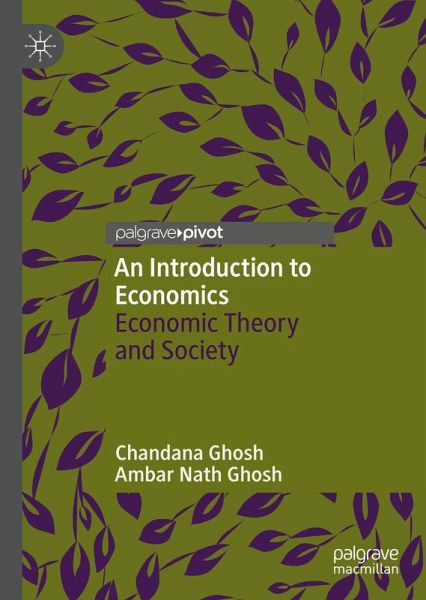
An Introduction to Economics (eBook, PDF)
Economic Theory and Society
Versandkostenfrei!
Sofort per Download lieferbar
48,95 €
inkl. MwSt.
Weitere Ausgaben:

PAYBACK Punkte
24 °P sammeln!
The book compares neoclassical and Marxian economics and points out that both the schools of thought seek to analyze how a capitalist society functions. The authors show that the neoclassical economics vindicates capitalism and prescribes policies that further the interest of the rich (giant capitalists), who own most of the non-human productive resources of the economy, whereas Marxian analysis yields the result that a capitalist society is exploitative and crisis-prone. Marxian economics also suggests that the class struggle inherent in a capitalist society will eventually transform it into ...
The book compares neoclassical and Marxian economics and points out that both the schools of thought seek to analyze how a capitalist society functions. The authors show that the neoclassical economics vindicates capitalism and prescribes policies that further the interest of the rich (giant capitalists), who own most of the non-human productive resources of the economy, whereas Marxian analysis yields the result that a capitalist society is exploitative and crisis-prone. Marxian economics also suggests that the class struggle inherent in a capitalist society will eventually transform it into an equal, just and humane socialist society
The book also presents Keynesian theory, which suggests measures that can counter at least some of the crises that Marx said a capitalist country is subject to. It discusses the current state of the capitalist world, the recent crises it was subject to and assesses the three theories in the light of these experiences. It recounts the current states of two important socialist states, namely, China and Cuba. It discusses the economic performance of Soviet Union since its birth and explains the reasons for its disintegration. It compares economic performances of the capitalist and the socialist states and assesses in the light of the experiences of these two blocs of countries which school of thought is more acceptable and closer to the truth.
The book also presents Keynesian theory, which suggests measures that can counter at least some of the crises that Marx said a capitalist country is subject to. It discusses the current state of the capitalist world, the recent crises it was subject to and assesses the three theories in the light of these experiences. It recounts the current states of two important socialist states, namely, China and Cuba. It discusses the economic performance of Soviet Union since its birth and explains the reasons for its disintegration. It compares economic performances of the capitalist and the socialist states and assesses in the light of the experiences of these two blocs of countries which school of thought is more acceptable and closer to the truth.
Dieser Download kann aus rechtlichen Gründen nur mit Rechnungsadresse in A, B, BG, CY, CZ, D, DK, EW, E, FIN, F, GR, HR, H, IRL, I, LT, L, LR, M, NL, PL, P, R, S, SLO, SK ausgeliefert werden.




